1650 Died: René Descartes, French mathematician and philosopher (b. 1596)
René Descartes (31 March 1596 – 11 February 1650) was a French philosopher, mathematician, and scientist. A native of the Kingdom of France, he spent about 20 years (1629–1649) of his life in the Dutch Republic after serving for a while in the Dutch States Army of Maurice of Nassau, Prince of Orange and the Stadtholder of the United Provinces. One of the most notable intellectual figures of the Dutch Golden Age, Descartes is also widely regarded as one of the founders of modern philosophy.
Many elements of Descartes' philosophy have precedents in late Aristotelianism, the revived Stoicism of the 16th century, or in earlier philosophers like Augustine. In his natural philosophy, he differed from the schools on two major points: first, he rejected the splitting of corporeal substance into matter and form; second, he rejected any appeal to final ends, divine or natural, in explaining natural phenomena. In his theology, he insists on the absolute freedom of God's act of creation. Refusing to accept the authority of previous philosophers, Descartes frequently set his views apart from the philosophers who preceded him. In the opening section of the Passions of the Soul, an early modern treatise on emotions, Descartes goes so far as to assert that he will write on this topic "as if no one had written on these matters before". His best known philosophical statement is "I think, therefore I am" (French: Je pense, donc je suis; Latin: cogito, ergo sum), found in Discourse on the Method (1637; written in French and Latin) and Principles of Philosophy (1644; written in Latin).
Descartes laid the foundation for 17th-century continental rationalism, later advocated by Spinoza and Leibniz, and was later opposed by the empiricist school of thought consisting of Hobbes, Locke, Berkeley, and Hume. Leibniz, Spinoza, and Descartes were all well-versed in mathematics as well as philosophy, and Descartes and Leibniz contributed greatly to science as well. Descartes' Meditations on First Philosophy (1641) continues to be a standard text at most university philosophy departments. Descartes' influence in mathematics is equally apparent; the Cartesian coordinate system was named after him. He is credited as the father of analytical geometry, the bridge between algebra and geometry—used in the discovery of infinitesimal calculus and analysis. Descartes was also one of the key figures in the Scientific Revolution.
Stamps issued by France and Monaco commemorating René Descartes
1795 Died: Carl Michael Bellman, Swedish poet and composer (b. 1740)
Carl Michael Bellman (4 February 1740 – 11 February 1795) was a Swedish songwriter, composer, musician, poet and entertainer. He is a central figure in the Swedish song tradition and remains a powerful influence in Swedish music, as well as in Scandinavian literature, to this day. He has been compared to Shakespeare, Beethoven, Mozart, and Hogarth, but his gift, using elegantly rococo classical references in comic contrast to sordid drinking and prostitution—at once regretted and celebrated in song—is unique.
Bellman is best known for two collections of poems set to music, Fredman's songs (Fredmans sånger) and Fredman's epistles (Fredmans epistlar). Each consists of about 70 songs. The general theme is drinking, but the songs "most ingeniously" combine words and music to express feelings and moods ranging from humorous to elegiac, romantic to satirical.
Bellman's patrons included King Gustav III of Sweden, who called him a master improviser. Bellman's songs continue to be performed and recorded by musicians from Scandinavia and in other languages, including English, French, German, Italian and Russian. Several of his songs including Gubben Noak and Fjäriln vingad are known by heart by many Swedes. His legacy further includes a museum in Stockholm and a society that fosters interest in him and his work.
Swedish stamps depicting Bellman
Edison was raised in the American Midwest; early in his career he worked as a telegraph operator, which inspired some of his earliest inventions. In 1876, he established his first laboratory facility in Menlo Park, New Jersey, where many of his early inventions were developed. He later established a botanic laboratory in Fort Myers, Florida in collaboration with businessmen Henry Ford and Harvey S. Firestone, and a laboratory in West Orange, New Jersey that featured the world's first film studio, the Black Maria. He was a prolific inventor, holding 1,093 US patents in his name, as well as patents in other countries. Edison married twice and fathered six children. He died in 1931 of complications of diabetes.
US and Hungarian stamp featuring Edison and or his inventions
1901 Died: Milan I of Serbia (b. 1855)
Milan Obrenović (22 August 1854 – 11 February 1901) was the ruler of Serbia from 1868 to 1889, first as prince (1868-1882), subsequently as king (1882-1889).
Milan Obrenović was born in 1854 in Mărășești, Moldavia where his family lived in exile ever since the 1842 return of the rival House of Karađorđević to the Serbian throne when they managed to depose Milan's cousin Prince Mihailo Obrenović III.
Milan was the son of Miloš Obrenović (1829–1861) and his Moldavian wife Marija Obrenović (née Elena Maria Catargiu). Milan's paternal grandfather (Miloš's father) was Jevrem Obrenović (1790–1856), brother of Miloš Obrenović I, Prince of Serbia. Milan was therefore Prince Miloš's grandnephew. He had only one sibling — sister Tomanija.
Shortly after Milan's birth, his parents divorced. Several years later on 20 November 1861, at the age of seven, Milan's father Miloš died fighting the Turks near Bucharest as a foreign mercenary in the Romanian Army, meaning that his mother Marija got a legal custody. Marija, however, lived a lavish aristocratic lifestyle, soon becoming Romanian ruler Alexandru Ioan Cuza's mistress and bearing him two sons — Alexandru Al. Ioan Cuza (nicknamed Sașa) and Dimitrie. As a result, she showed little interest in her children from the previous marriage with Miloš. Therefore, an agreement was reached for young Milan to get legally adopted by his cousin Mihailo Obrenović. who in the meantime, following the 1858 expulsion of the Karađorđevićs, had returned to Serbia where he became the ruling prince in 1860.
On 10 June 1868, when Milan was only fourteen years of age, Prince Mihailo Obrenović III was assassinated. As the late prince did not have any male heirs, the question of who was to succeed him on the Serbian throne became a pressing one. In the post-assassination chaos and the resulting power vacuum, influential senior statesman Ilija Garašanin re-emerged in Serbian political life, despite only eight months earlier being removed by the late prince from the post of Prime Minister of Serbia and replaced with Jovan Ristić. While consolidating forces within the state to prevent the conspirators from taking over the power, Garašanin also reportedly contemplated solving the throne issue by starting a third royal dynasty. General political consensus was that the new ruler should be selected by the Visoka narodna skupština (Grand National Council). However, cabinet minister Milivoje Petrović Blaznavac was rapidly increasing his power and influence. He had managed to consolidate his control over the army and stage a coup d'état. So when Blaznavac suggested the young Milan as the successor to Prince Mihailo, Garašanin had no choice but to yield to the more powerful authority.
On 22 August 1872, Milan was declared of age, and he took government into his own hands. He soon demonstrated great intellectual capacity, coupled with a passionate headstrong character. Eugene Schuyler, who observed him about this time, found him to be a very remarkable, singularly intelligent and well-informed young man. The Principality of Serbia was still a de jure part of the Ottoman Empire though in reality it already had long functioned as a semi-independent state whose politics and economy was much more dependent on other Great Powers, particularly Austria-Hungary and Russian Empire, than on its formal ruler, the declining Ottomans. Milan carefully manoeuvred between the Austrian and Russian geopolitical interests in Serbia, with a judicious leaning towards the former.
On 3 January 1889, Milan adopted a new constitution much more liberal than the existing one of 1869. Two months later, on 6 March, thirty-four-year-old Milan suddenly abdicated the throne, handing it over to his twelve-year-old son. No satisfactory reason was assigned for this step. Milan settled in Paris as a private individual.

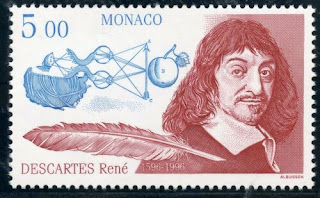
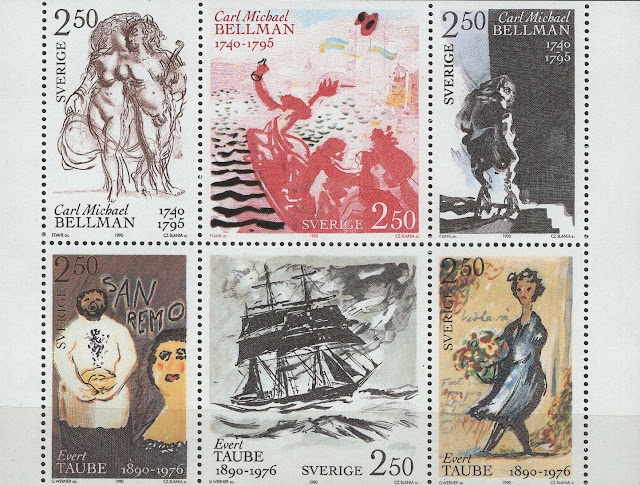


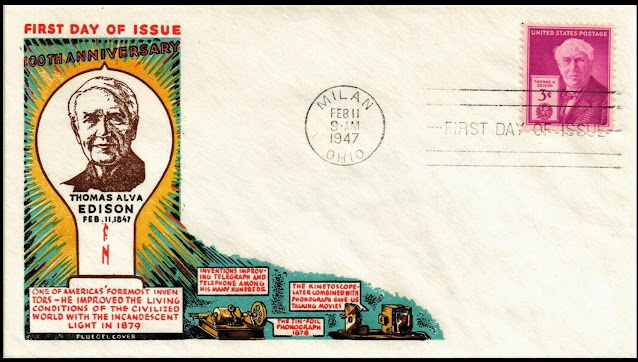

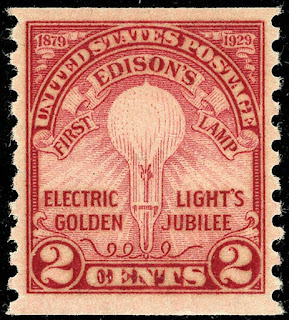


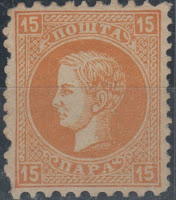


No comments:
Post a Comment